Affiliate Disclosure: We earn a commission if you purchase through one of our links at no additional cost to you.
Never, ever give all your photos away.
I don’t believe in many absolutes, but this is one you should take to heart. It isn’t in anyone’s best interest to give away every photo on your card when you’re taking photos on an assignment, unless you hired yourself out solely as a work for hire photographer.
Otherwise, you’re going to give your client cause for frustration and it will diminish your reputation as a photographer.
Most of your photos aren’t keepers.
When a Client Asks Your to Give All Your Photos Away
If this question comes up, it’s due to a lack of communication. The client thinks your job is just snapping a shutter and pointing the camera. If that’s the case, and it’s work for hire, then that’s what you need to discuss and put in an agreement before taking the job.
In most cases, you want to sell the results – not the service as a photographer.
The idea is that you work with your client to understand their needs and deliver, perhaps even exceeding what they expected. Most people don’t want RAW photos. They want a finished photo – whether in print or a digital file.
However, they may not know what goes into creating that final result. Getting multiple photos, editing to select the best one for the need, post processing and final delivery of the photo in print or other format.
When you give away all your photos, it’s like asking a baker to give you ingredients instead of a cake. Nobody gets excited about flour and eggs. What they want is the end result.
So you lose the power of impression and impact when you give photos that haven’t been selected for quality or context. Worse, you may have a photo that appears unflattering to the subject.
You can’t unsee a bad photo. Only deliver your best.
Time Stamps
Today, we have a topic that I think comes up frequently. I see this in photography groups on Facebook all the time. And usually what happened is somebody got a photography engagement of some kind, either with a company or a person or family. And then there's a dispute about the photographs that are to be delivered later on. Some people want all the photographs,
some people want this and that, and there was never any contract or arrangement ahead of time. So that's what we're going to talk about today on I Like Your Picture. I'm William Beem. Welcome to I Like Your Picture. The show that helps you improve your photography with visual storytelling. What is visual storytelling? It's a method of approaching your photography with a knowledge of who you're trying to serve with your photos and what emotion you want to make them feel.
We encourage you to concentrate on your subject, light and background to create a photo your audience loves I'm glad you found us. Hi, my name is William Beem and my name is Lee Beem. Before we get started, I've got something new on my website I wanted to let you know about. I used to have this page called Library and I had some giveaways on there.
A few eBooks like Creative Portraits and Lightroom Classic Performance Hacks and Visual Storytelling. I also had another giveaway, which was Lightroom Portrait Adjustment Brushes. And there was like a little mini course that went there. And I had that one on Teachable. I've done something different. I've put all of these things together on one URL. So if you go to Williambeem.com/courses, you'll see them there.
And the eBooks aren't really a course. They're just a place that I can have the download. So you can download these in either EPUB or a PDF format. The only catch is you need to sign up. So there's a little blue button that says Sign up. Once you've done that you can get access to the resources that I have there and the new resources I will come out with in the future.
I'm going to be putting there. Please go take a look at williambeem.com/courses. All right. And if I sound like I was talking really slow, I've got a massive headache today. So I don't know how well this show's going to go. For today's episode. Here's what we want you to know. Why you should never ever give all the photos from a session.
And I don't care if this is a portrait session. If you're taking pictures of food, trucks, trains, and automobiles, whatever it is, you never ever want to give away all of the photos from your session. You want to know why the photos you deliver impact your reputation. And of course, as I mentioned, the beginning, how to define expectations.
Lee I usually start off asking you a question, but I'm not going to do that this time. Oh, well, you'll, you'll get your time to talk. I know that you have a lot of thoughts on this. Look, I see these kinds of issues coming up on Facebook all the time. And matter of fact, there was one just last week.
We actually already had this topic scheduled to discuss, and someone was out there saying, Hey, I got a letter from a lawyer demanding all of the photos. There's no compensation. They say, I agreed do this. I didn't get paid. They want all the photos. What do I do? It's funny to watch these things unroll and get apart on Facebook,
because there are a lot of people with really, really bad advice. Yeah. I mean, social media, that's the internet for you. They were saying like, you know, well make the photos really small and send off to them. And I thought, well, did you have a contract? Did you have an agreement? If you've got a letter from an attorney who's threatening you,
then that tells me that there ought to be something in advance that was agreed upon in writing. She says that she took it to an attorney. He says, there's nothing here an attorney can do for you. And I thought, well, that's really weird. I mean, Lee you worked in the legal field before. What does that suggest to you?
What it suggests to me is that possibly her clients had an agreement that she signed. In other words, they signed it. She signed it. But if she, I'm not sure that she either, she doesn't know what she signed or she does. Either way ,if she's having a problem and her attorney cannot help her. This is a very, very simple thing.
It's a contract and two parties need to sign it. If she cannot get out of delivering all the photos, I think she's going to have to deliver all the photos. Cause that sounds like she's agreed to something. And once you've agreed to it, you're committed. And this is the thing I wanted to mention is don't put yourself in this position. Define your expectations of what you're providing.
And a lot of photographers who are not really business people get into this. They think they've got an opportunity. They want to be in business as a photographer. And then they don't know how to be in business as a photographer. Forget the photography part. A business transaction, you want to have something in writing. You should have a contract or some kind of agreement that both parties have witnessed.
They've agreed to it. They've signed and dated it. If that sounds formal, it is. That's the idea. You want to make sure that expectations are understood. If you're asking after the fact, what do I do? It's kind of too late. Yep. A good contract should protect both parties. Yes. You need to make sure that your client's interests are protected and that your interests are protected.
But ultimately this is a place where you should discuss it. I think one of the big mistakes that I see in any business with people with contracts is they go, Oh, you just need to sign it down there. Never, ever do that. You're leaving yourself open to some kind of dispute through misunderstanding. People don't read stuff unless you direct them to read it.
The better thing to do is to keep the contract simple and then say, give me five minutes. I'm going to go through each of the clauses. And let me know if you have any questions. Do you understand that? Never ask somebody to sign something that they don't understand, or just say that because you signed, you did understand. People don't and they should.
But the reality is they don't and you can just save so many problems down the road if you go through this. Here's the thing about a contract. I like what Lee said as to keep it simple. You may not be an attorney. You may not know any attorneys. If you go off and get like some boilerplate contract. If you don't understand what's in it,
you may be signing something that is going to be detrimental to you as the photographer, or the business person and give them more rights. Or it may be detrimental to them, which is not a good business agreement. You want to make sure that you understand and comprehend everything in the agreement. If I did not have an attorney, if I did not know what was in a contract,
I would write up the very basic foundation in understanding. Like, you want me to take so-and-so pictures? You want them delivered in this format. So it was like, what pictures do you want? Are you want a picture of, let's say wedding, you know. Do you want pictures of the bride and groom? Do you want pictures of the ceremony?
You want pictures of the wedding reception afterwards? You know, kind of go through like what are the things that you want, what are the details? I would list every detail to make sure they know what they're expecting, because if you deliver the photos and they say, but I didn't get this. I say, It's not in the contract, but you're in luck.
I did take that picture. I can provide it for you. I'm not saying this to make it an adversarial thing. I'm saying it to cover you in case of some kind of misunderstanding. The thing is sometimes people don't really know what they want until I get asked to think about it. So it's a really good opportunity to make sure the client is thinking about what they want.
And not just assuming, because when they're assuming they're assuming something based on something they've seen somewhere that applied to somebody else and that's kind of vague. But it gets really specific when they realize that they don't have something that they thought they might have. They may have something in their mind as far as how it's going to look when it's done that they've never discussed with you.
And then when you provide them the results, they're disappointed. This is the good thing about having an agreement in writing. You don't want disappointment as a result because you're not going to get referrals. You're not going to get other business. I mean, for example, I knew that I wanted a wooden fence built in my backyard several years ago. And I have a wooden fence built in my backyard.
But the thing is, they built part of it inside out. So in other words, if you've ever seen a wooden fence, there's like, you know, one side where they show the braces and everything. And the other side is just the flat panels. Well, two sides of my fence in the backyard show the flat panels on the exterior, like towards what the neighbors would see.
And in the back part, it shows it on the interior. I'm thinking why in the world would you build this in opposite directions? Incompetent? It's whatever it was. It, it wasn't the result that I expected. And by the time it's already put up there, I'm kind of stuck. If I didn't have an agreement that said, this is the way that I wanted it.
It's the same thing inside my living room. I used to have carpeting in the living room. I didn't want the carpet anymore. I wanted like this wood laminate thing and there was an electrical outlet. And I said, I want you to put a brass plate over this and have the electrical outlets. So you flip up something up and you can plug something in there.
They didn't do that. They just put the wood paneling over it. There's some kind of like PVC pipe that comes up that was surrounding the electrical stuff higher than the floor. So when you step on that part, it rocks back and forth. I didn't put it in writing. I told them what I wanted, but I didn't put it in writing.
And afterwards they weren't going to go back there and rip it up and put it all back in again, because that expense would have fallen along them. So this is why I'm saying, make sure there's a clear understanding. You both want to be happy. Put it in writing. The other part I want to say is don't sell your service as a photographer,
sell the results. So wedding photographers know this. When they go in, they show, here are some samples of albums. Here are some samples of the types of photographs I can take for you. You've seen that sort of thing. Before you think of yourself as a photographer. Stop doing that. You're not a photographer, you're a business person. You're selling a product or service.
I think you're better off to sell the results than to sell yourself as just someone who's clicking a shutter button. Yeah. And also keep in mind that you live in the world of photography or in any kind of specialized area, whether it's a hobby or a profession, you kind of get used to the jargon, the ins and outs. The ways that the way that things are done.
Remember that this is not common knowledge or even common sense to somebody who typically doesn't dabble in photography. You know, you do wedding photography and you go and speak to somebody who's getting married. That doesn't mean they know anything. Suddenly when they get engaged, they don't automatically know everything about what they need to ask about wedding photography. But one of the parts of service that can stand out is to actually just take the time and consider that the person may not actually know it because they're not getting exposed to wedding photography at all angles every weekend.
Oh, well, how many times to most people get married? Well, it depends what, like. I did a once and done. I'm not going to get any more wedding albums. Never disregard the feelings of the other people. And it sounds like a no-brainer, but I think unintentionally, so many of us do it in so many aspects of our life because we assume that people should know things.
Maybe they shouldn't. Maybe they should, but sometimes why, why should they? There are times when I am holding back a bit, when I'm teaching something, cause I kind of assume this is so common to me. I don't want to talk down to somebody else. And then I hear from folks saying, well, why didn't you explain this? Or why didn't you explain that?
And I'm thinking, you know what? I do need to take some of these things. Step-by-step. I got great advice from a former boss of mine. And he said, talk to me like I'm a four year old. And that's what really helps me when I'm trying to explain something is not to be condescending, not to use that voice. Like, okay,
now. first thing we're going to do is. I'm not talking that way. And that's not what he meant by talk to me like I'm a four year old. I've tried it with the boss, yeah. All he really meant was assume, I don't know anything. Explain it to me in everyday words in English. Yeah. And that way I'll get the concept.
And he liked the fact that I was able to do that with him without sounding condescending and without getting frustrated with, you know, he's an accountant and I'm was an IT at the time. The differences in what we knew, he had her vast knowledge of accounting, which I know nothing about. And I had the vast knowledge. Thank you very much, of IT stuff.
When you're explaining something to somebody, don't assume that they know all the ins and outs. I've made this mistake because I thought I might've been sounding condescending. And some people do get upset. If you tell them things that they already know, this is like alright, skip ahead. You know, you can need to feel out what the person knows, but start off with a concept that they haven't done this before.
They don't know exactly what they want. And quite honestly, you don't know what they want until you talk to them about it. And then you can put that in writing. And maybe they don't either, but the back and forth actually helps clarify things and raise questions. And the questions are important because that's where the discussion takes place. And that's how you come to an agreement.
We may give them some ideas that they didn't think of before. That gives you more opportunity to make them happy and maybe make more money for yourself. All right. So the other question, and this is the one that really started this whole topic is how do you respond when a client asks for all the photos you took? In other words, just give me the card.
Well, first of all, I think that that's an insane thing to ask. I mean, if I go to a bakery and order at custom made birthday cake for you and I wanted it in so many tiers and all this, and then small cutouts and stuff. I don't care. It's not my problem. If the Baker has an accident with the oven,
that that's not a problem to me, as long as they deliver what I've paid for at the cost that have agreed to pay. And it looks what I expect it to look like. What goes on behind the scenes? It's not my problem. With photography is the same. Sometimes things go wrong. If you need a hundred shots. And that's what you've,
Lee, let's say that the person's expecting about a hundred photos. If you only hit that shutter a hundred times, not many of them are going to be that great. You've got things that are part of the buildup. You sometimes have to take a series of shots to get one. And maybe that's something you need to discuss with people, but make sure you do it right upfront before you even get into contracts and things.
You're not getting paid for it. Maybe it's a verbal agreement, but a friendship or any kind of relationship and go really sour, really quickly when there are misunderstandings and most misunderstandings and fallouts are just miscommunication. That's really what, this is your example of you go to a bakery. I'm buying a cake. I don't want the ingredients. Don't hand me a sack of flour,
some eggs and so forth and say, you have to assemble this yourself. However, there are people who say, I know how to use Photoshop. Just give me the RAW photos and I'll take care of everything myself. There's a problem with that. When you say they want all the photos. They don't know what they want because they haven't seen the photos
yet. There is a process known as editing, which is when you go through and culling all of your photos. There are going to be some that you like. And some that you don't. And a person who's not necessarily a trained photographer. Who's giving these results. May look at these things and say, wow, this photographer really sucks. And then they'll start telling other people you really suck.
And that may not be the case at all. It could be that the pose of the person that you're taking it. And I'm going back to like to the wedding thing. Maybe somebody's eyes were closed in a group photo. Maybe you needed a few shots in order to get that. Maybe somebody turned at the wrong moment. Maybe a bird flew into the bride's hair.
I don't know what it is, but you got photographs that you don't deliver. Particularly if those photographs are unflattering to the subject. If you had a photograph that was unflattering to a bride, would you really want to give her that photograph? No, she wants a perfect day. You want to give her a perfect results? So that's why at the very start,
this is where I said, sell the results. You let them know I'm not giving you all the photographs. Those are my ingredients that go into baking the cake. I will give you the results that you want. And then you deliver. You give them the prints that you may be. You do give them some digital files, but it's probably going to be JPEGs rather than the RAW file.
Never, ever give away all of your photos from session. There are going to be some that are not going to reflect well upon you because everybody has accidents. Everybody has mistakes. People make test shots and you can't sit there with the client and explain all of those things. You want them to be happy with the results. So you have to define expectations.
Yeah. I remember her wedding photos. We were pretty pleased with them. There was one photo and there was only one photo taken of that scene. As I walked into the chapel because the doors were closed, the doors open. And I walked in on my own. And as I walked in, there was a single photo. When we got the photos that was in black and white,
I was wearing a red dress. Yeah. I did not want any black and white photos because I had a red dress on. Now. I'm guessing that there was an issue maybe with some color cast or maybe it was the lighting thing. Whatever it was. I probably wouldn't have been upset if that photo wasn't in there. But man, I, I just went all out.
I was very upset that that photo was there. There was only one of them. They had put it in black and white. I would have been happier not to have the photo at all, but once I'd seen it, I couldn't unsee it. And it really at that one, just for some reason, really. And that's really what we're talking about.
If you give somebody a photo that isn't your best work suddenly is it doesn't work that they think of, Oh, look at these great photos that he or she took of us. They think, wow, look at the crap that they gave us. And that sets the bar. So your reputation is the same as the worst photo that you put out. The photos were great.
We were happy with everything. We have no problems, but that one just really, for some reason we work, I think we're kind of clear at the beginning. I took it as a no brainer and throw it out as a joke and said, well, you know, we wouldn't be doing any black and whites because I've got a red dress on.
Normally if you've got black and whites outfits on, you know, the bride and groom, which, which is typical, black and white actually works beautifully. That was the backlit scene. I'm guessing she has some kind of problem with the exposure on that one. And then she turned it into black and white, but it's like you said,
once you've seen it, that set your expectation and you can't, un-see it. Yeah. So this is why you should never give all of your photos from a session. They don't need them. Your reputation will suffer. You need to sell the results of your service. And you need to do that before you ever show up to take photographs of anything on a portrait session or whatever other kinds of sessions that you're working on.
There may be things that you need to do to composite some photographs together. Whatever it is, your process is yours. It's the results that you want to sell. Oh, thank God. I made it through this episode. Like I said, I've got a headache. Hey, this is episode 242. So show notes is going to be available at williambeem.com/episode242.
Thank you so much. We really appreciate you being here. I hope this has been useful to you. And of course, don't forget that you can go to Williambeem.com/courses, and check out some of the freebies that we have to give away and just sign up and you can get one or all of them. And if you like them, tell a friend.
Thank you so much again, we'll see you again next week.

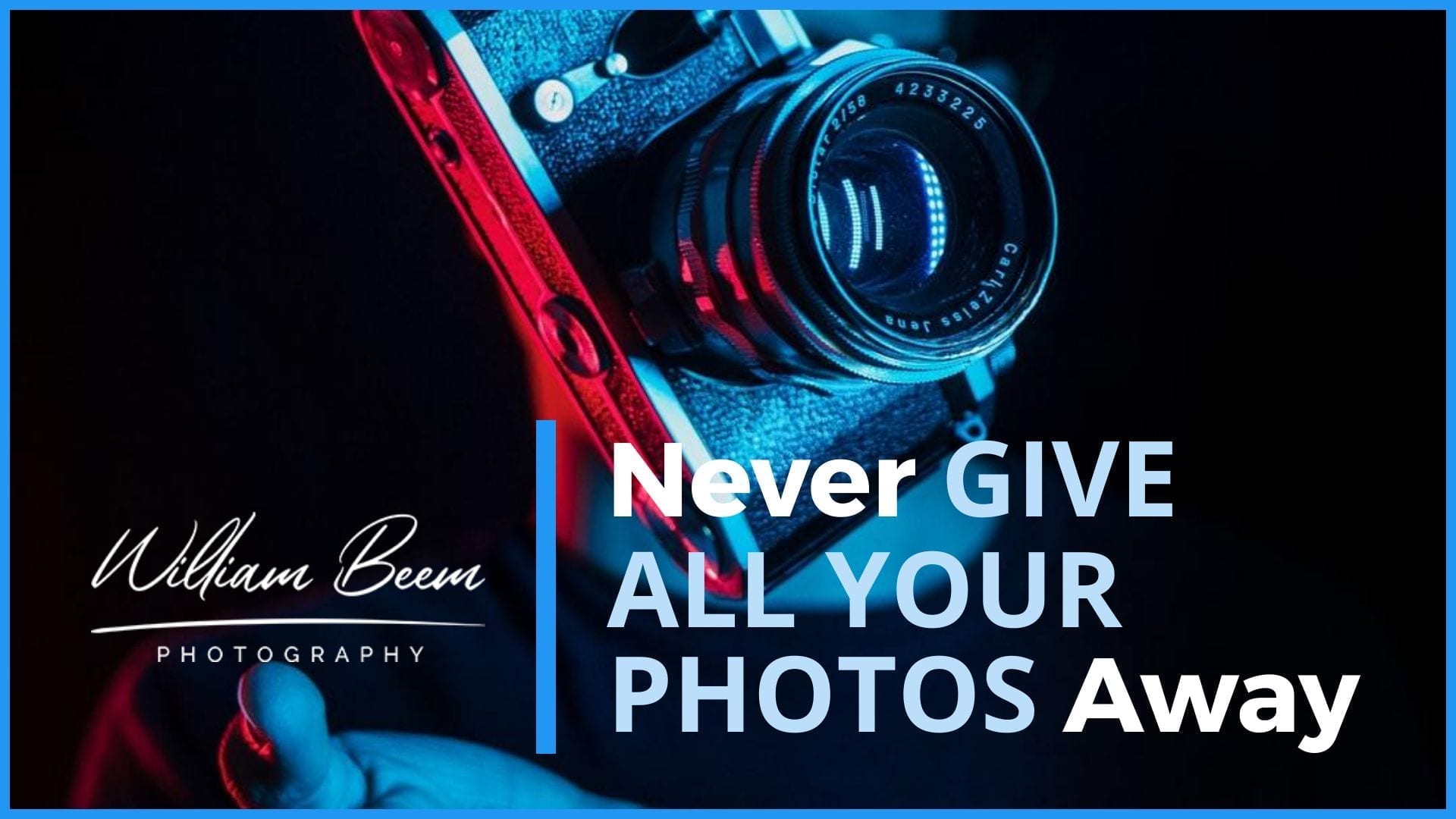


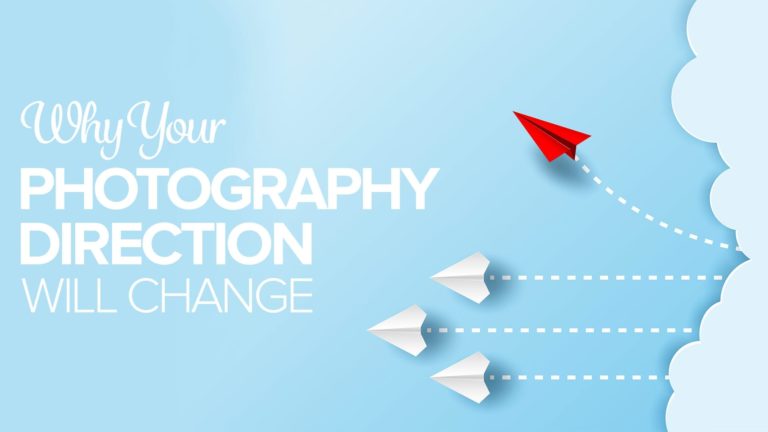
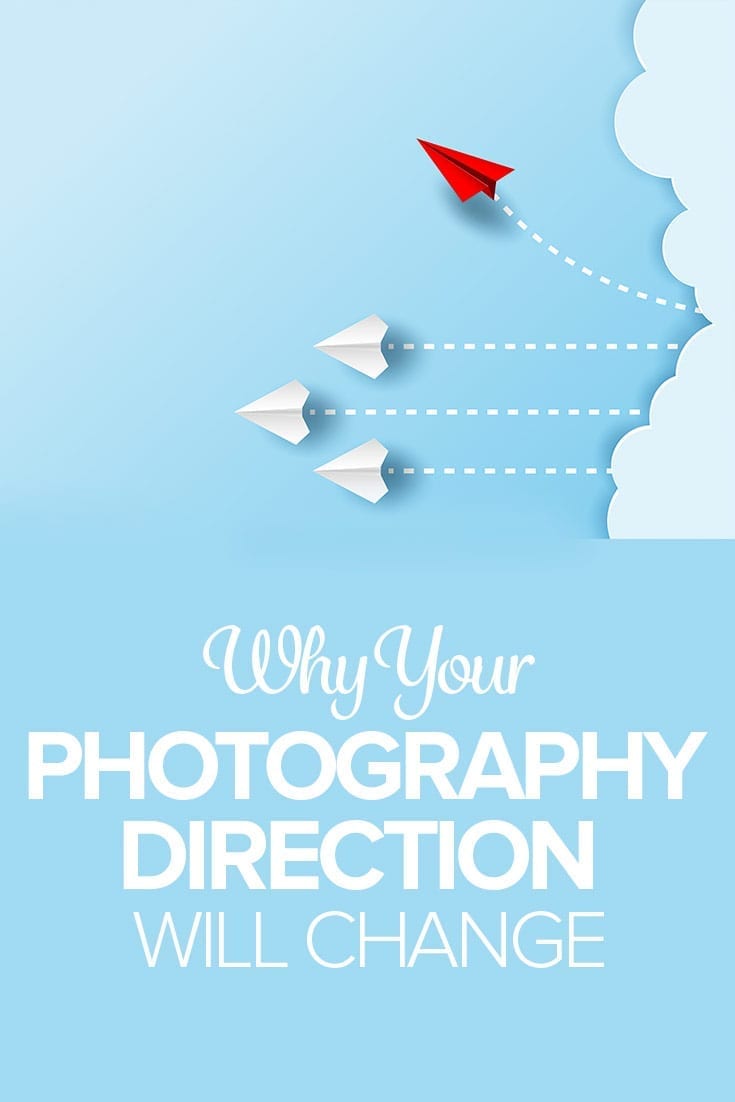
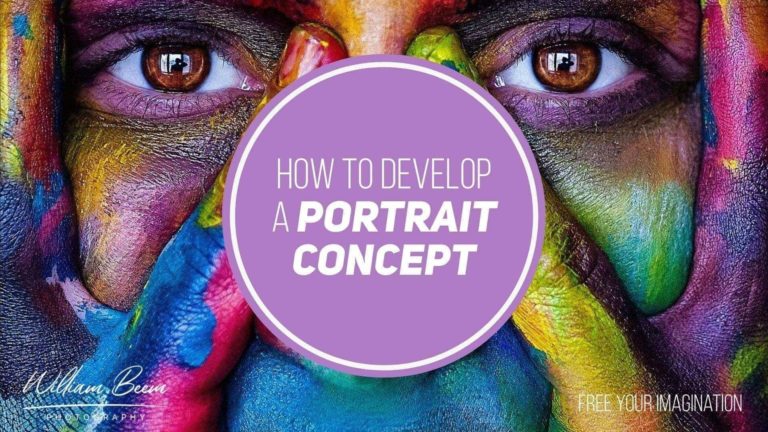

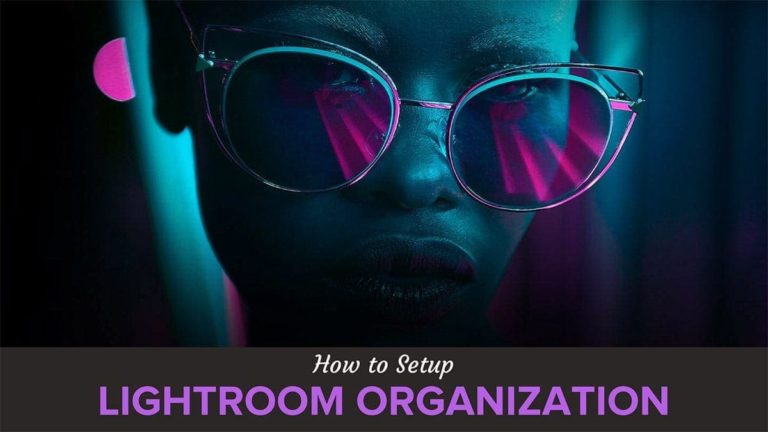
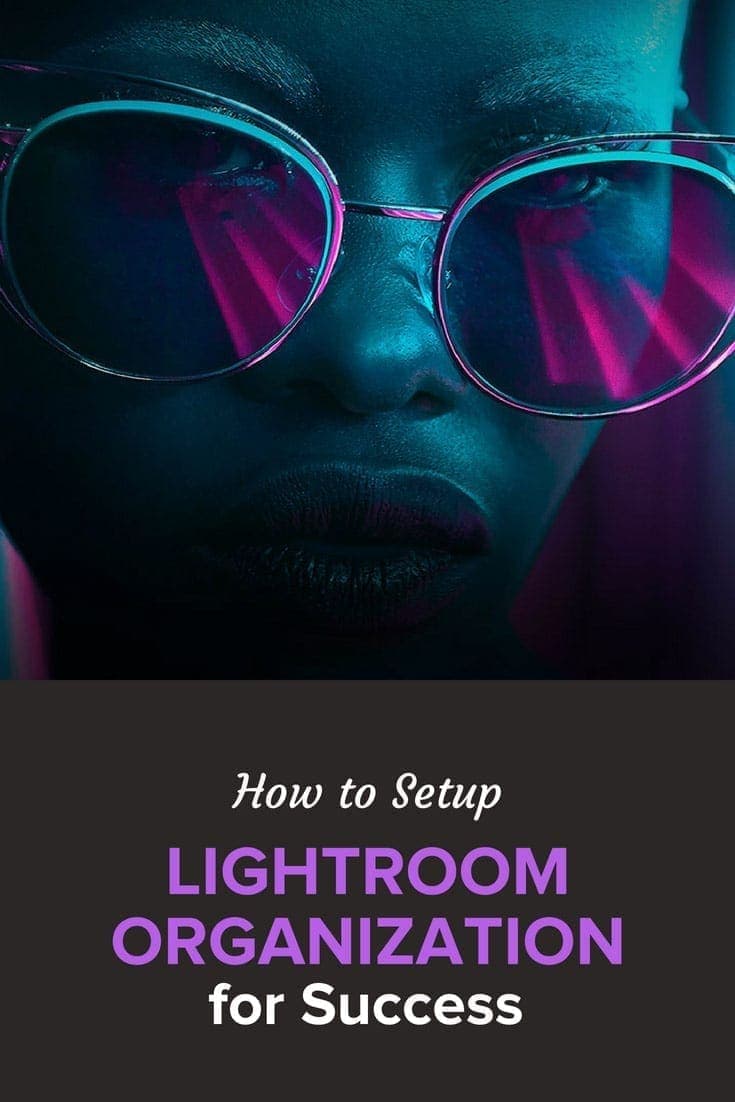




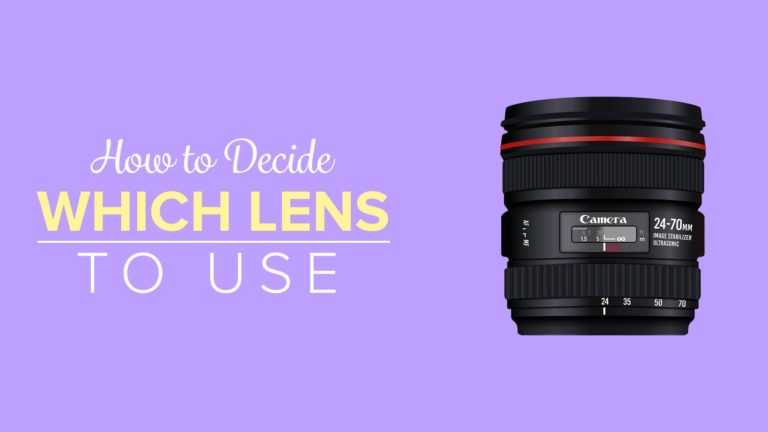
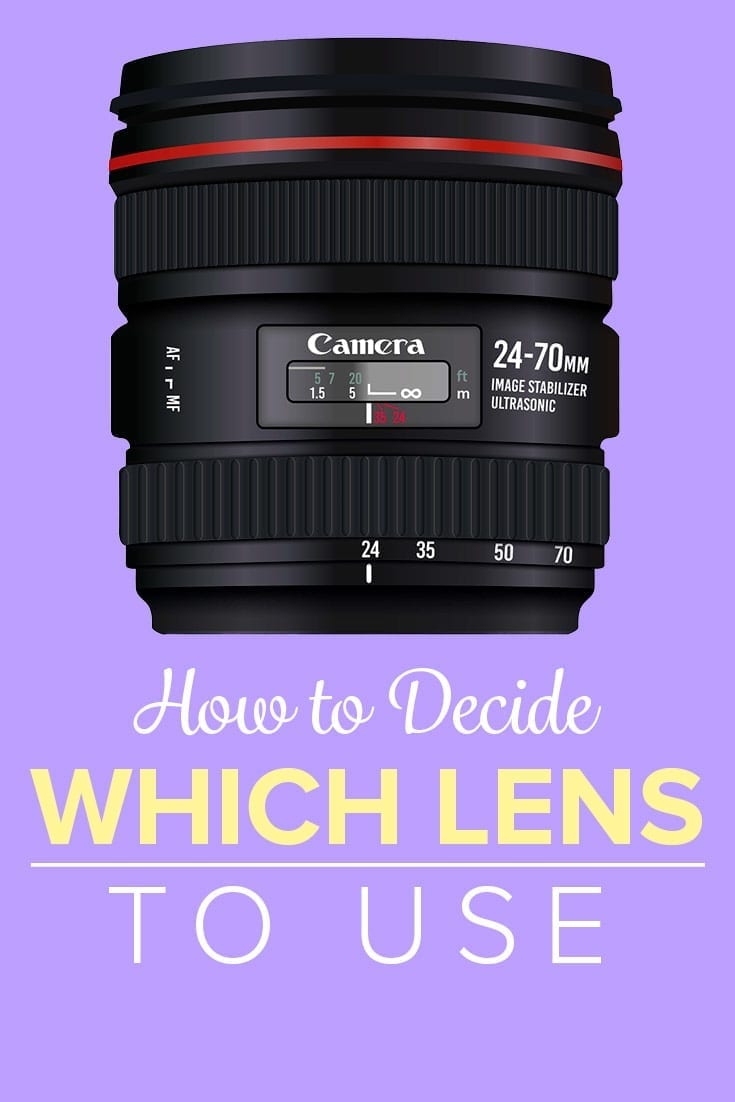
Thanks for sharing this – great topic!
I guess managing expectations is key. I always create a shot list which I discuss with the couple in advance + agree on a color grading look to prevent this “red dress” scenario. In addition to this, I always offer plenty of “take out” shots which show the BTS, but I’d never ever share all the photos. Just as you said, not every photo you take represents you and your work.
Thanks for sharing your tips – great topic!
I guess managing expectations is key. I always create a shot list in advance which I discuss with the couple + agree on a color grading look to avoid “the red dress scenario”. In addition to this, I always provide several take out shots which create a nice BTS feeling. But as you said – I’d never ever share all my photos. Not every photo you take represents you and your work.